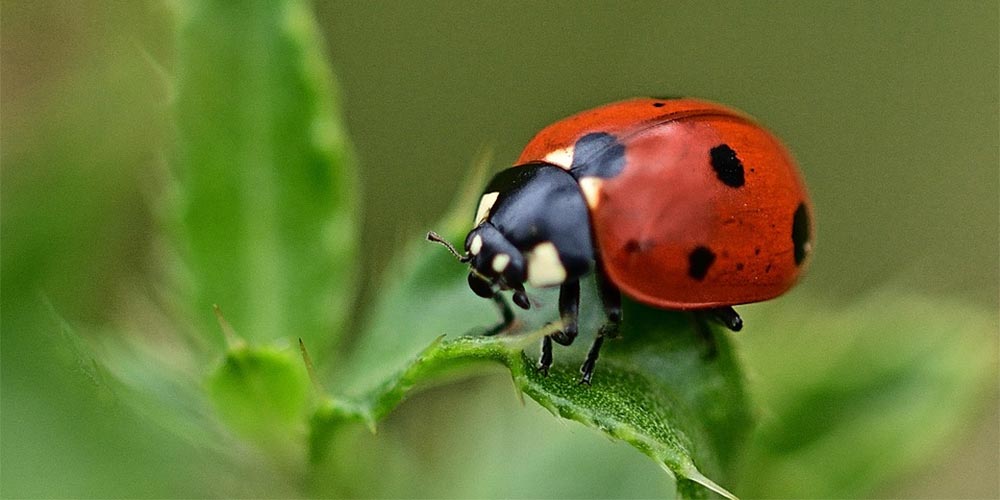
Pest problems can be disappointing when a positive garden season abruptly ends due to an infestation. Dealing with insects and diseases is a natural chore for gardeners. Still, it’s always a win when gardeners manage to stomp out pests from their precious greenery.
Instead of dealing with an out-of-hand infestation, spare your garden from pest misery by planning for prevention. You can always seek help from professional pest and tick control in your city. But you can also take some steps to keep unwelcome insects and animals away from your precious landscape.
How to Keep Pests Out of Your Garden
Although nothing guarantees you’ll never have pest problems in your garden, there are some ways to cut down the population of these unwelcome guests. You want to avoid conditions that encourage pests to thrive in your landscape in the first place.
Consider the following practices.
Water Your Plants in the Morning
Hydrating your plants is a step that is easier said than done, but everyone has to add it to their to-do list. If possible, water in the morning; doing so offers two benefits. First, your plants will be hydrated during the hottest part of the day. By watering them in the morning, you reduce the stress levels of the plants, as well as reduce their risks for wilting. A hydrated and happy plant is not delectable to the eyes of pests.
Second, water plants in themorning, sothey will be dry beforenighttime. Damp plants, especially if you pack your plants so closely, are the perfect places for garden pests like earwigs, snails and slugs.
A good watering practice is to hydrate your plants deeply at least once or twice a week. Don’t just wet the surface of the leaves and soil. Annual plants need more water since their root systems are shallower.
When the rain comes, welcome a little rain for your garden but too much rain can cause trouble. Keep an eye on things and wait for your garden to dry out.
Attract Beneficial Insects
Surprisingly, there are good guys among the insects. Not every insect that visits your garden is there to eat your plants. Some of them are carnivorous insects that will reduce the pest population quicker than a pesticide spray.
Unfortunately, they don’t wear a “Good Bug” shirt, so you’ll have to know what they are and what they look like. For example, the ladybug nymph may not look attractive at first sight, but it is your greatest tool against pesky aphids.
To attract these beneficial insects, keep them around even if they have eaten all the pests. These insects need nectar and pollen, as much as the protein they get from insects, so keep plants around for them to consume.
Give Your Plants More Room to Breathe
Many landscapers are guilty of trying to fit in as many plants in their garden as possible. Granted, the sight of many plants will make the space look abundant, but it may give you a headache in the long run.
It’s important that your garden receives enough air circulation from the breeze regularly. Packing plants tightly in a small space creates a breeding ground for pests that enjoy cover from the predators and shelter from the heat.
So, if you have to plant closely, monitor them for pests frequently.
Attract Birds, Frogs and Toads to Your Garden
Apart from inviting beneficial insects, make your yard welcoming to animals that eat pests like birds, toads and frogs.
With toads and frogs, most of the time, all you need is a bowl of water. If you want to go extra for our amphibian friends, put out a toad house. Often, toads and frogs carve out a hole in the soil to wait for their dinner.
Birds aren’t always your enemies. Yes, they nibble and eat fruits, but they also eat insects for their protein. The good news is you don’t have to go out of your way to attract birds to your garden. If they aren’t visiting you, provide them with food and shelter. Give them some shrubs to work with or plant a weeping cherry tree. And just like the frogs and toads, birds would appreciate a bowl of water.
“Prevention is better than cure.” It’s better to prevent damage to your garden than to contain it.
By employing these strategies in your garden for the long term, you gain a good balance between luscious greenery and a shelter for beneficial insects and birds. Practice these steps above to spare yourself from serious garden problems in the future.
